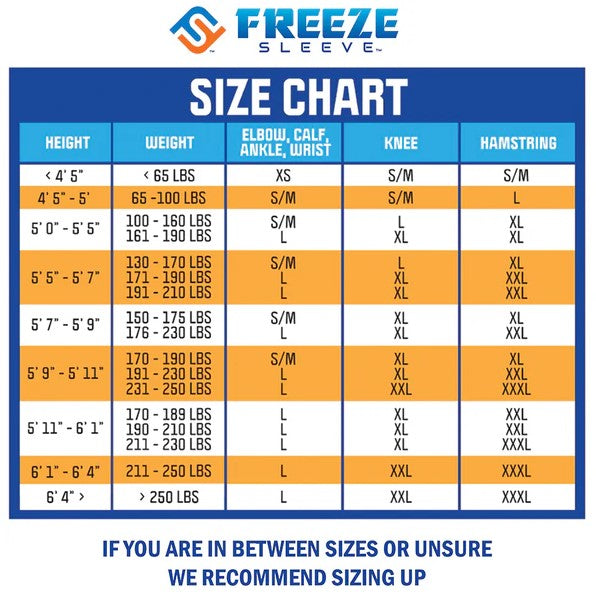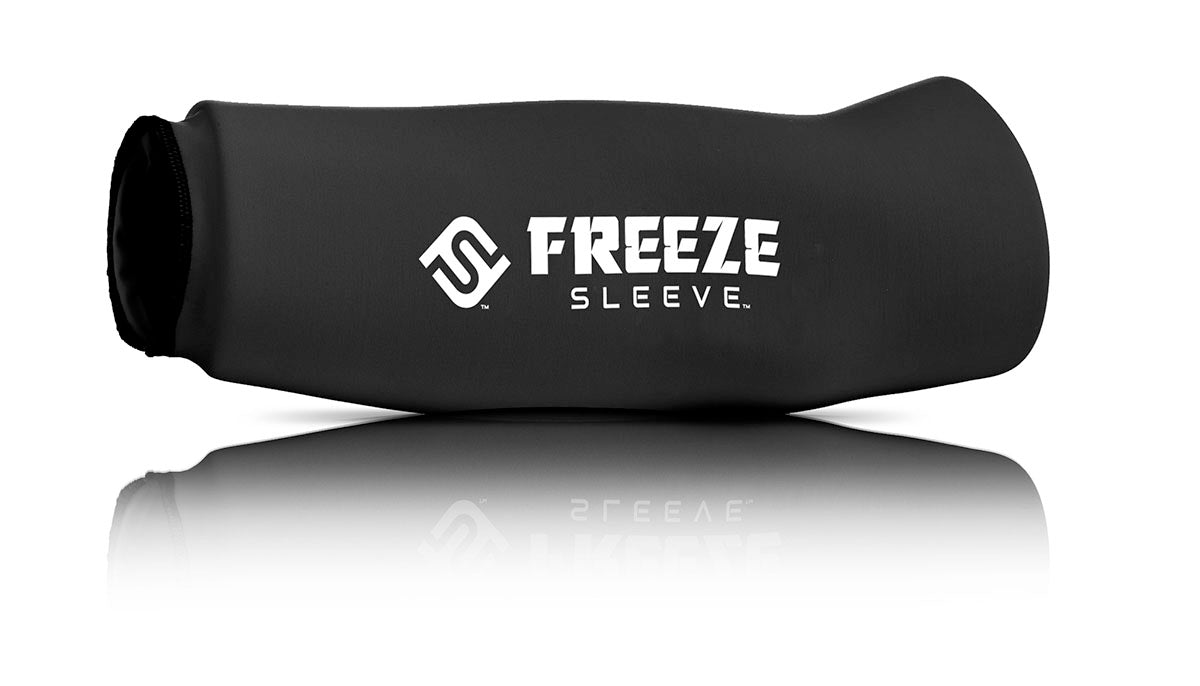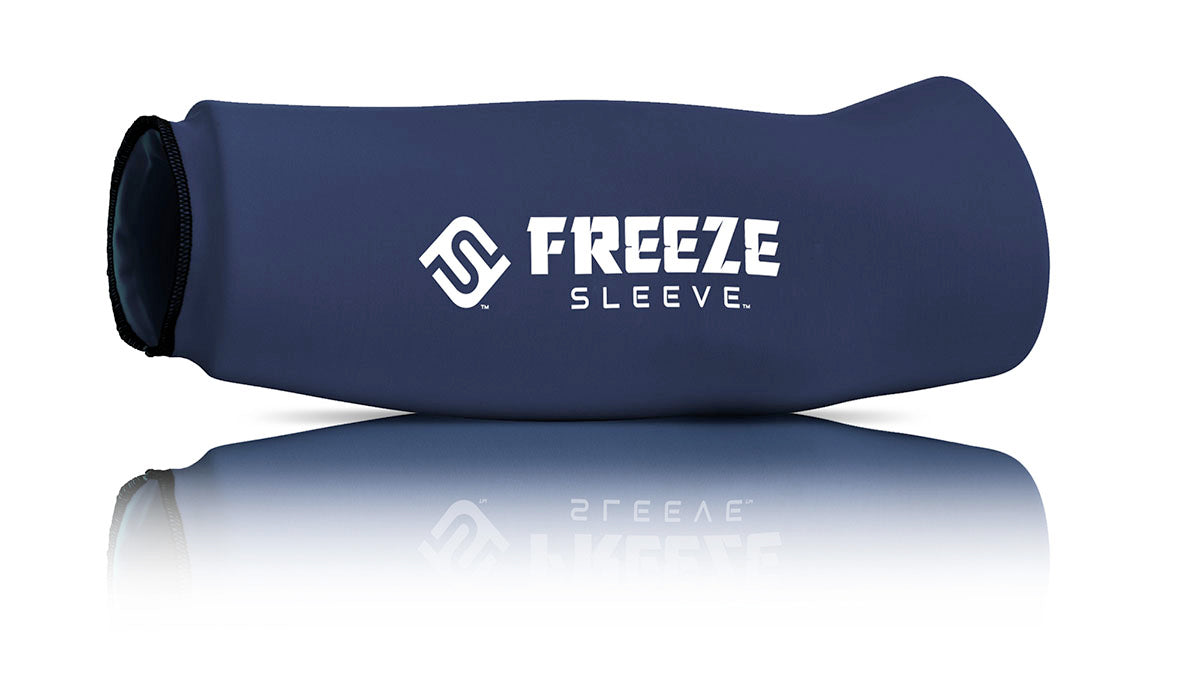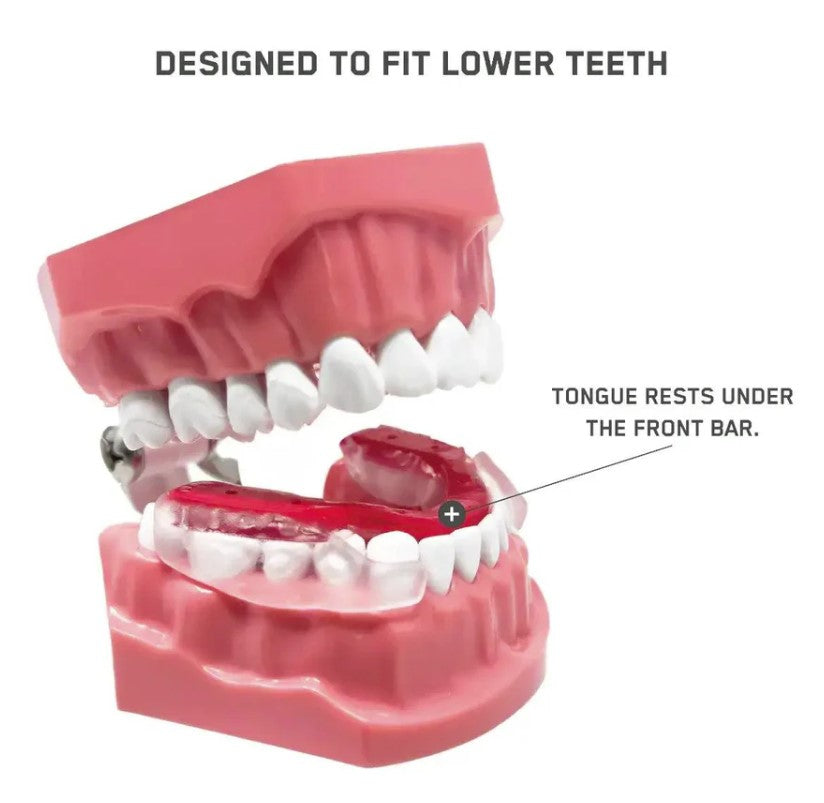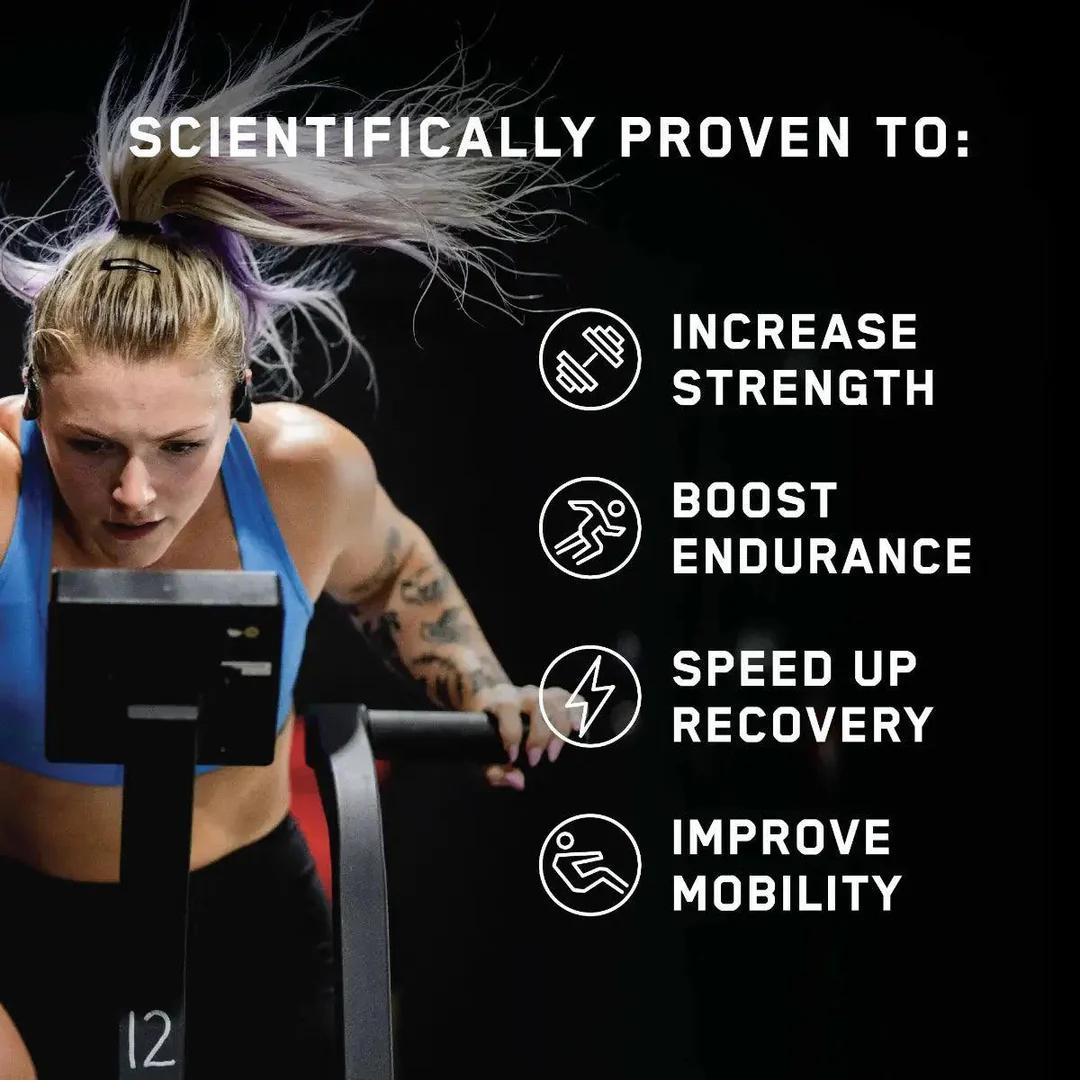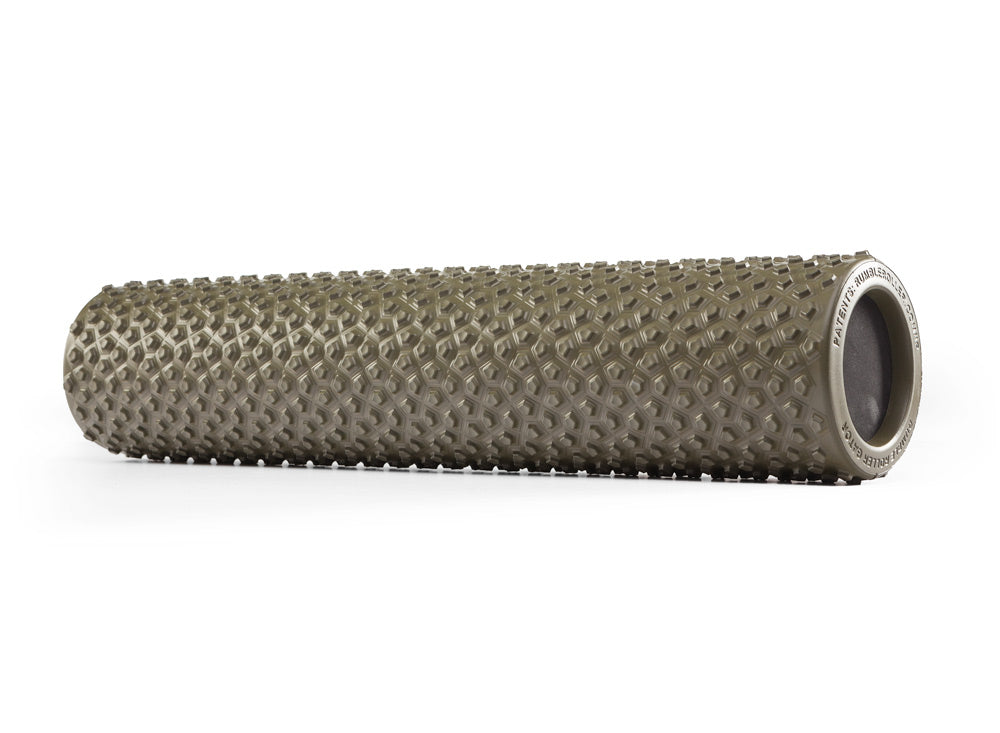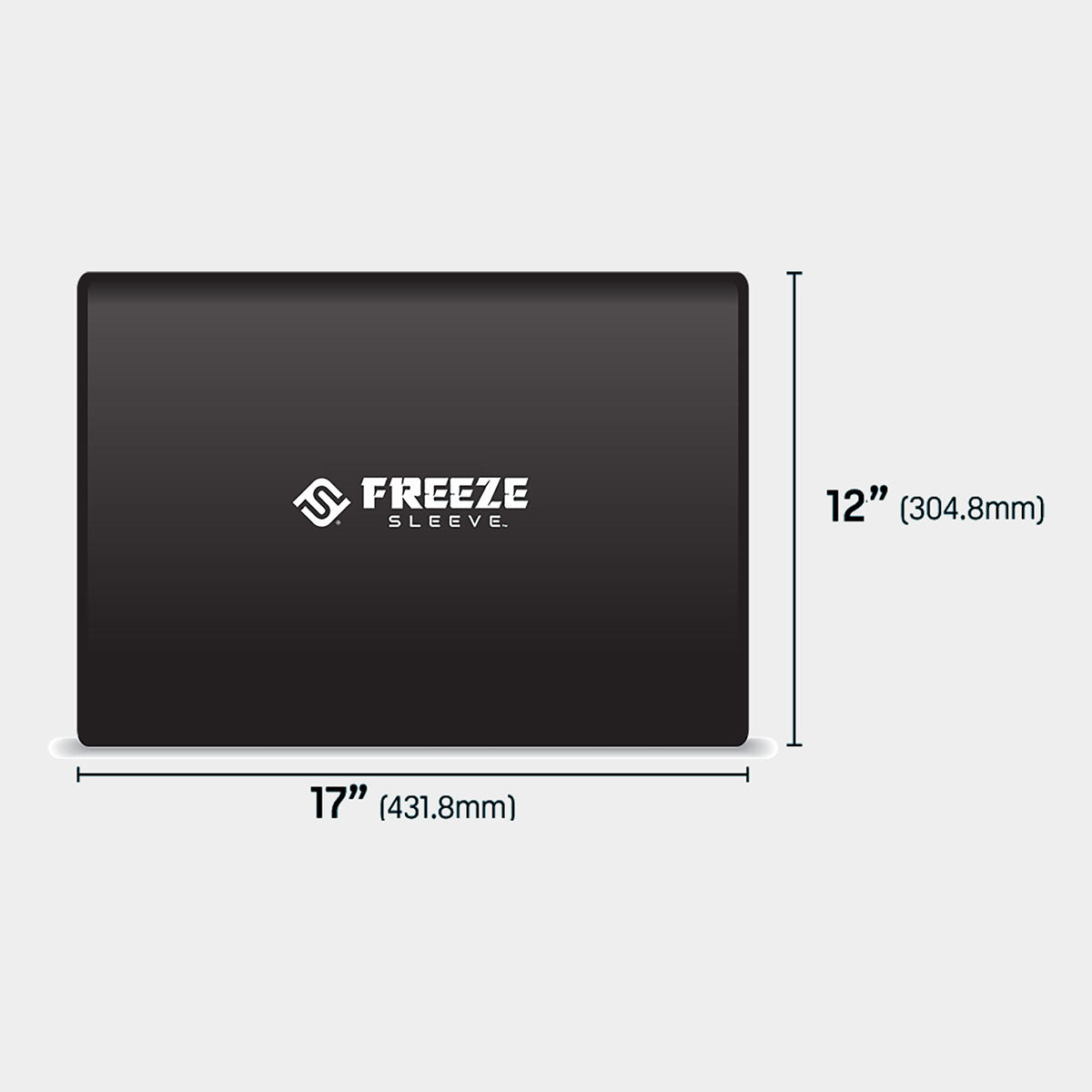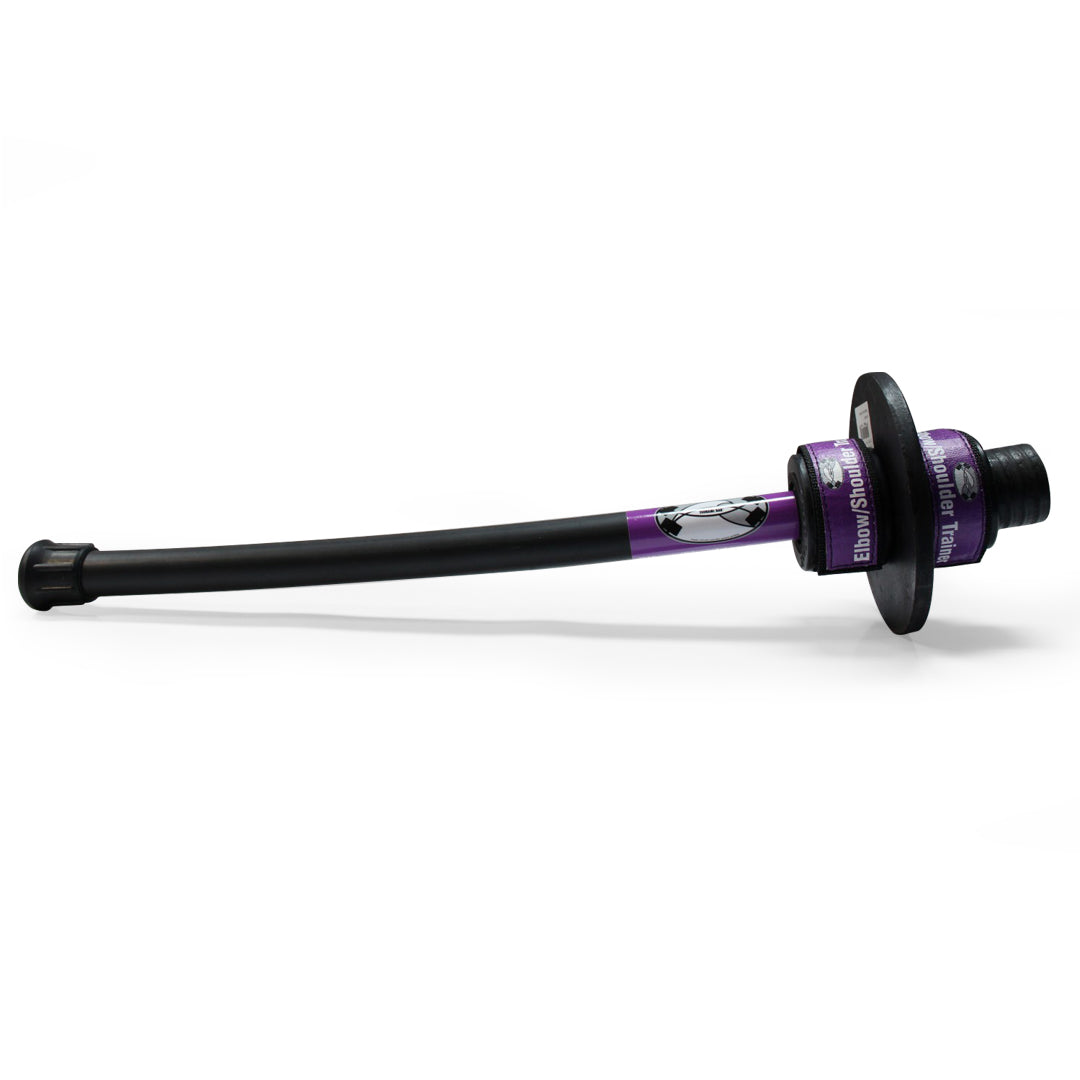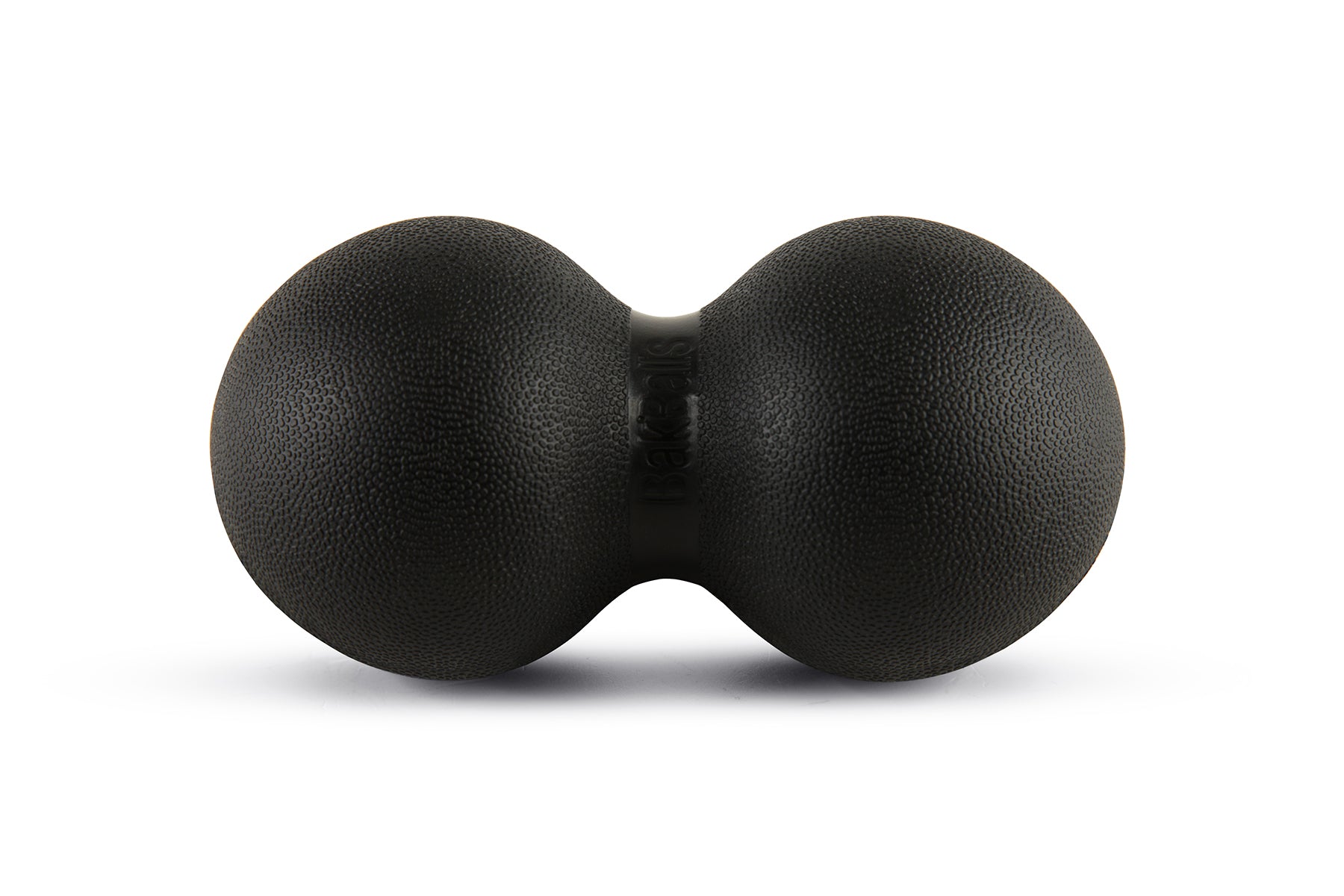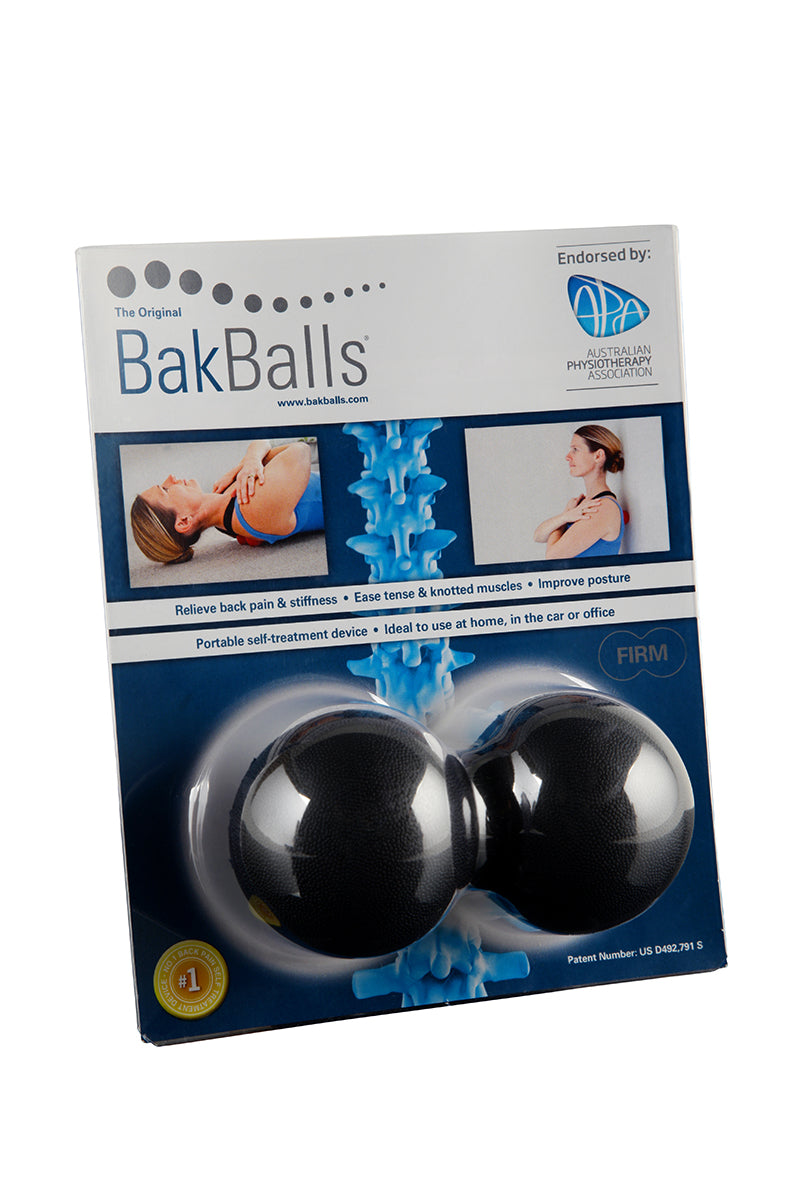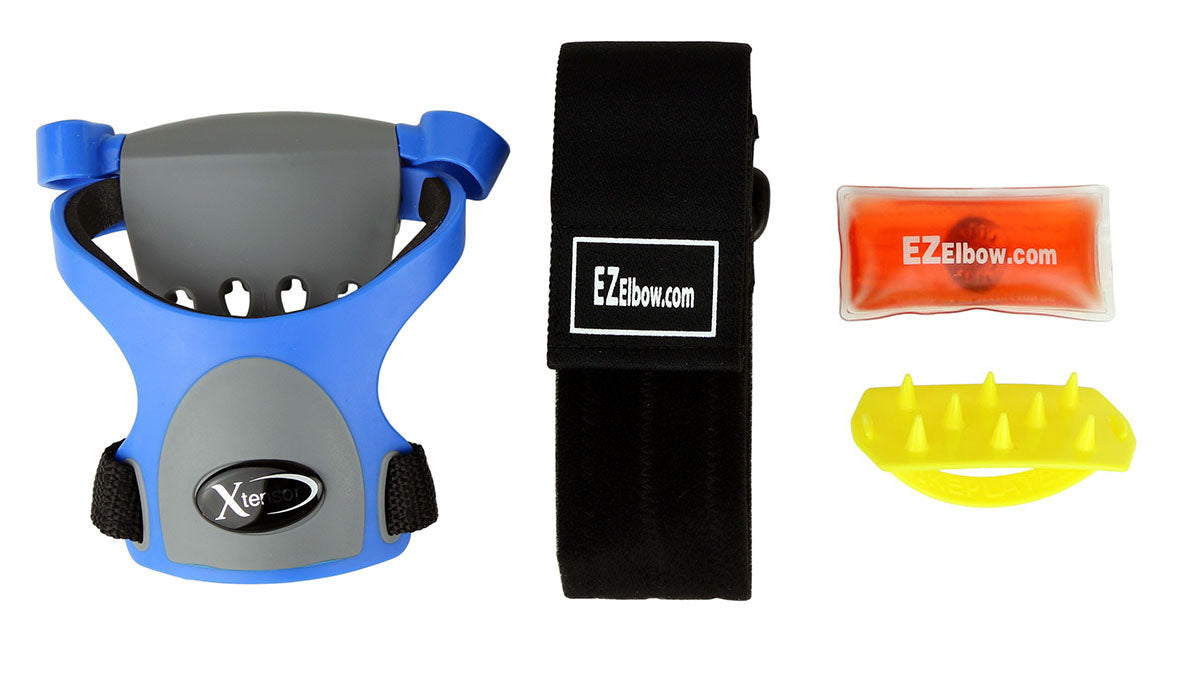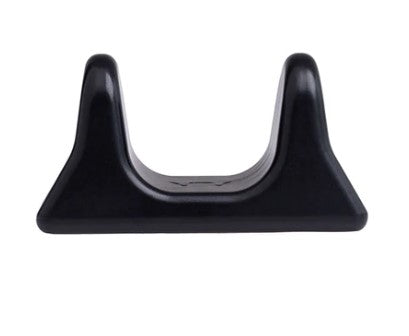
Hormone health and getting labs done is definitely a hot topic these days. I am glad it is getting more attention. However, labs can be complicated. Understanding the context will always be key, so I wanted to share some basics about getting routine lab work and give an example of what a comprehensive panel actually looks like.
Routine Labs
First off, why is getting routine lab work important? Getting routine labs done (via blood, urine, saliva) allows us to see what is going on internally. Think about it this way; when our cars make funny noises, we can guess what it is, or we can actually get an under-the-hood examination by a professional and know for sure. That is what getting hormone labs are like. Labs don’t lie. I instruct all of my clients to get a full hormone panel at least once a year. And that is assuming they are feeling good, no symptoms, and no red flags in the panel. Now, if someone is symptomatic and shows some red flags in their initial lab work, I may want to see various labs as often as every three to four months.RECENT: Birth Control and the Female Athlete
One caveat to getting hormone labs: Getting them through your doctor can be a bitch, especially if you want a comprehensive panel and not just two to three things. We have to remember that getting full labs yearly is a very proactive method of care. Unfortunately, in western medicine, care is very reactive. Therefore many doctors will not order labs for you unless you are sick and deem it 100 percent necessary. This is complete bullshit, but that is what you will run into most of the time. But if your doctor is more functional or progressive, they will order it for you no problem, and that way, insurance can cover some of the cost. If the doctor's route doesn’t work out, you can always get labs done privately. You do not have to go through a doctor. Websites such as Life Extension, PrivateMD Labs, etc., all allow you to buy your labs upfront, walk into a LabCorp to get blood drawn, and then your results are emailed to you. Easy peasy. The only downside to that is you must be proficient at understanding labs or hire someone who is. Labs can be very confusing to read, and while I deem myself pretty good at reading them, I still learn new things every day. You also cannot go off the reference ranges provided. Those are not meant to determine optimal health or function. Learning the optimal ranges and how all values should be compared to one another is no easy task. Below is what I typically ask my clients for in regards to a comprehensive hormone panel. Again, I recommend that my clients get this once a year and sometimes multiple times a year if they have any dysfunction we need to monitor.

Viacheslav Iakobchuk © 123rf.com
Lab Prerequisites
Here are a few prerequisites for getting blood drawn:- I like to see morning fasted labs for a comprehensive panel. No food for eight to ten hours, but drink plenty of water. Dehydration can throw off values. I recommend drinking at least 20oz water before getting blood drawn.
- Stop taking your multivitamin (and biotin) four days before testing.
- Take all other medications as usual. (Birth control, thyroid meds, etc.)
Comprehensive Blood Panel
Below is a comprehensive panel, very similar to ones you will find from Life Extension or PrivateMD Labs: Sex Hormones- DHEA Sulfate
- Total Testosterone
- Free Testosterone
- Estradiol (E2)
- Progesterone
- Luteinizing Hormone (LH - for women only)
- Follicle-Stimulating Hormone (FSH - for women only)
- Sex Hormone Binding Globulin (SHBG)
- Thyroid Stimulating Hormone (TSH)
- Free T3
- Free T4
- Reverse T3
- Thyroxine-Binding Globulin (TBG)
- TPO Antibodies (if tested once and are fine, may be no need to test yearly)
- TGAb Antibodies (if tested once and are fine, may be no need to test yearly)
- Cortisol
- Insulin
- Ferritin
- Hemoglobin A1C
- Complete Metabolic Panel
- Lipid Panel
- CBC
- Vitamin D 25-hydroxy
- C-Reactive Protein (high sensitivity)
Header image credit: Jarun Ontakrai © 123rf.com




















